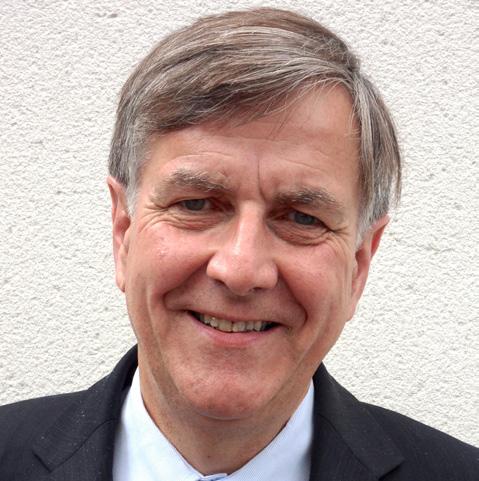St Robert Southwell
lessons from history
W I T N E S S O F A M A RT Y R
A c o l u m n b y M AT T H E W M C C U S K E R
O
ne of the great delusions of the modern age is the presumption that human beings today are in some way “better”, more “enlightened”, more “moral” than people in the past, who were were cruel, or ignorant, or incapable of seeing things which are obvious to “modern man”. This attitude reveals itself in the frequent use of phrases like “in this day and age” or “in the 21st century”, which carry with them the implication that we are living at the peak of human achievement and that, simply by virtue of the calendar date, things must be better now than in the past. Another way in which this attitude may be revealed is in the misuse of terms such as “medieval” to imply cruelty or brutality. This is truly absurd given that the modern age is by far the most brutal and bloodthirsty period in human history. Neither the almost unimaginable death tolls – military and civilian – of modern warfare, nor the millions of innocent victims of ideologies such as Nazism and Communism, nor repeated genocides across the globe, seem to have the power to shake “modern man” out of his delusional complacency. This is seen most clearly in the case of abortion. Abortion is the world’s leading cause of death. In 2019 there were an estimated 42.4 million abortions worldwide. More than one billion unborn children have been killed by abortion since it was first legalised by the Soviet Union in 1920. Yet “modern man” persists in believing he is uniquely enlightened and uniquely moral.
SPR I NG 2 0 2 0
Part of the remedy for this delusion is reading and learning about the past, because as soon as anybody begins to truly study the past, with openness to whatever one may find, the unchanging nature of human beings becomes clear. Human nature is exactly the same now as it has ever been. Every human being shares the same essential form; each individual human being is a separate instantiation of that essential form in matter. Reading the works that previous generations have left us, listen-
ST. ROBERT SOUTHWELL, S.J. (1561-1595)
61











